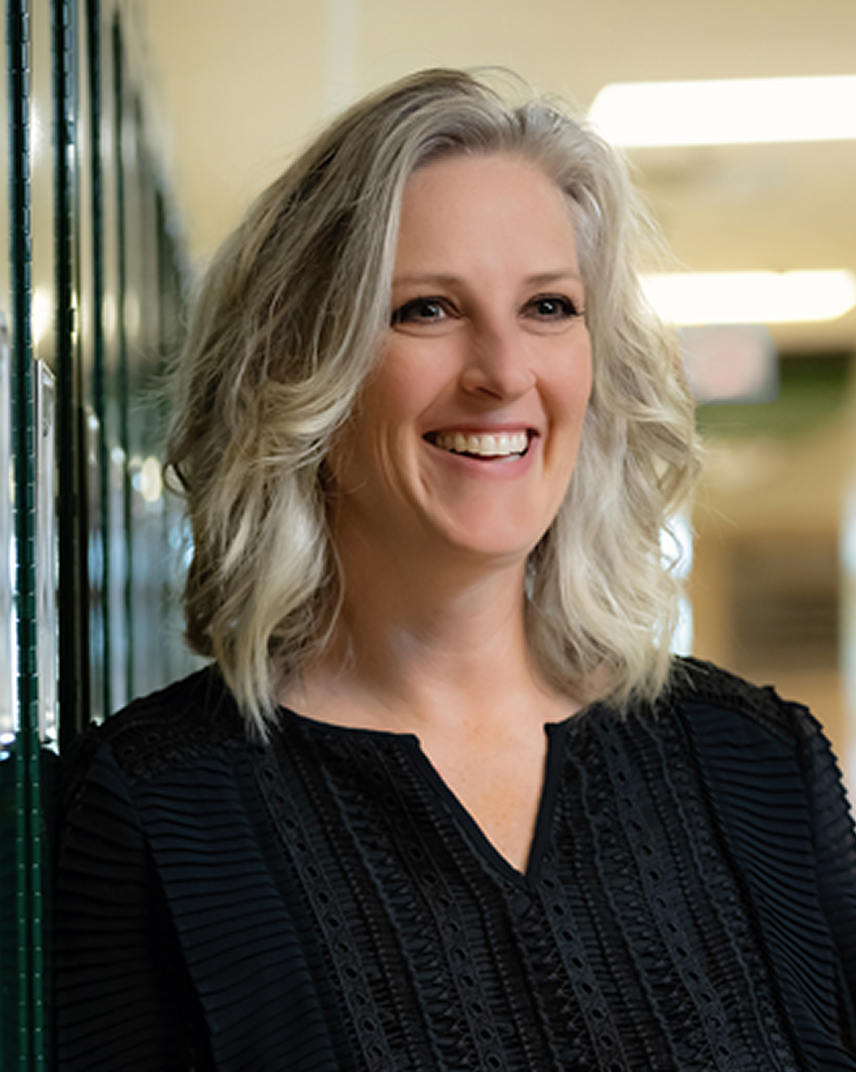ALLEN, Texas — Though her yearly mammogram in the fall of 2020 found nothing suspicious, Leilani Bonds couldn’t ignore a strong feeling that she should follow up with an ultrasound.
“I felt like it was a God thing. The Holy Spirit telling me, ‘You need to get this ultrasound,’” said Bonds, a McKinney resident and teacher at Rogers Middle School in Prosper.

Leilani Bonds
The ultrasound revealed Bonds had a tumor hidden behind dense breast tissue near her chest wall. A biopsy and further testing would later determine she had triple-negative breast cancer, a rare and fast-growing type with fewer treatment options than other kinds of invasive breast cancer.
“The type of cancer that I had was super aggressive, so had I waited a year, it would have spread,” Bonds said.
According to the Centers for Disease Control and Prevention, about 40 percent of women have evenly or “heterogeneously” dense breast tissue, while about 10 percent of women have extremely dense tissue.
Women with dense breasts are at higher risk of developing breast cancer.
Earlier this year, the Food and Drug Administration announced new regulations requiring that mammogram providers inform patients about the density of their breasts. Since 2011, Texas has required notification to patients with dense breast tissue that their mammogram may be less accurate.
Annual mammograms are recommended for women with all types of breast tissue, beginning at age 40.
“Mammograms are still very beneficial, even in women with dense breast tissue,” said Dr. Radha Iyengar, M.D., a breast surgeon with Texas Health Breast Specialists, a Texas Health Physicians Group practice, and medical director of the Breast Center at Texas Health Presbyterian Hospital Allen.
But Iyengar said women with very dense breast tissue should talk to their provider to discuss if additional screenings, such as an ultrasound or MRI, may be warranted, especially if the woman has additional risk factors for breast cancer.
Bonds sought treatment from Iyengar because her mother-in-law, Gena Bonds, was already a patient, having been diagnosed with breast cancer six weeks earlier.
“My mother-in-law was already seeing Dr. Iyengar and I had gone to an appointment with her and met her and so, I was like, I want her because she’s amazing,” Bonds said. “I called her office, and she got me in the next day.”
Accounting for about 10 percent to 15 percent of all breast cancers, triple-negative breast cancer cells test negative for estrogen, progesterone and human epidermal growth factor receptor 2 (HER2) – all proteins that can be found in breast cancer. As such, hormone therapy and anti-HER2 drugs are not effective treatments.
“We typically treat these with a combination of chemotherapy, surgery and possibly radiation,” Iyengar said.
Because her cancer was found early and had not spread, Leilani Bonds underwent a lumpectomy, a breast-conserving surgery that allows for the removal of the cancer while leaving as much normal breast tissue as possible and minimal scarring.
Next came radiation, followed by chemotherapy – sessions she attended alongside her mother-in-law.
“I was able to be with her when she rang the bell on her last chemo, which was pretty awesome,” said Leilani Bonds.
Today, Bonds continues to get ultrasounds as part of her screenings and blood work every six months; she remains cancer-free. She hopes people will learn from her story the importance of listening to that inner voice and discussing their screening options with their doctor if they have dense breast tissue.
“You have to take care of yourself, and if it means taking a day off of work, you’ve got to take that day off,” Bonds said. “Your odds are better if you catch it early.”
Kari McCord, chief nursing officer at Texas Health Allen, agreed.
“Breast cancer is among the most common cancers in women in the United States,” McCord said. “And while Texas Health offers comprehensive breast care, from screenings to cancer treatment to follow-up care, knowing one’s risks and being proactive in getting regular screenings is key to early detection and better outcomes.”
Women can schedule a screening mammogram at a Texas Health facility and take an online breast cancer risk assessment at TexasHealth.org/BreastCare.
Related News
About Texas Health Resources
Texas Health Resources is a faith-based, nonprofit health system that cares for more patients in North Texas than any other provider. With a service area that consists of 16 counties and more than 8 million people, the system is committed to providing quality, coordinated care through its Texas Health Physicians Group and 29 hospital locations under the banners of Texas Health Presbyterian, Texas Health Arlington Memorial, Texas Health Harris Methodist and Texas Health Huguley. Texas Health access points and services, ranging from acute-care hospitals and trauma centers to outpatient facilities and home health and preventive services, provide the full continuum of care for all stages of life. The system has more than 4,400 licensed hospital beds, 6,400 physicians with active staff privileges and nearly 29,000 employees. For more information about Texas Health, call 1-877-THR-WELL, or visit www.TexasHealth.org.
